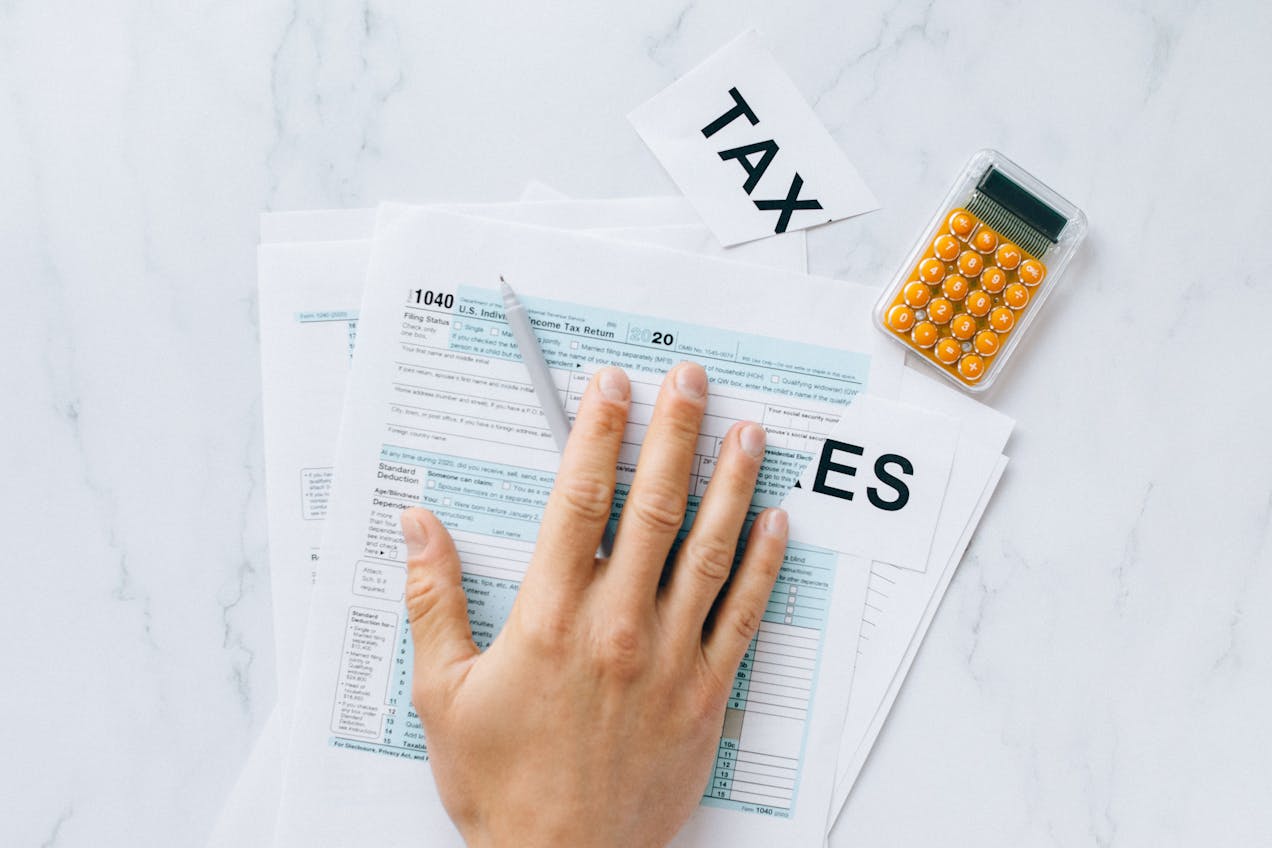Introduction
Wyoming is one of the most tax-friendly states in the U.S., making it an attractive location for real estate investors, homeowners, and businesses. With no state income tax, low property taxes, and strong asset protection laws, Wyoming offers significant tax advantages for those buying and owning real estate.
This guide explains the tax benefits of investing in Wyoming real estate, how to maximize deductions, and key IRS tax strategies for property owners.
Why Wyoming Is a Tax-Friendly State for Real Estate
- No State Income Tax – Rental income and capital gains are not taxed at the state level.
- Low Property Taxes – The average property tax rate is 0.57%, one of the lowest in the U.S.
- No Estate or Inheritance Tax – Ideal for wealth preservation and real estate transfers.
- No Corporate or Franchise Tax – Investors who own real estate through LLCs avoid additional state business taxes.
- Strong Asset Protection Laws – Wyoming LLCs provide liability protection for property owners.
Property Tax Benefits in Wyoming
Wyoming’s low property tax rates make real estate investments more affordable.
| State | Average Property Tax Rate | Median Property Tax Payment |
|---|---|---|
| Wyoming | 0.57% | $1,380 |
| California | 0.76% | $4,500 |
| New York | 1.73% | $5,900 |
| New Jersey | 2.49% | $8,000 |
- Wyoming property taxes are based on the market value of real estate and vary by county.
- Property tax payments can be deducted on federal income tax returns if itemizing deductions.
Real Estate Tax Deductions in Wyoming
Wyoming real estate investors can reduce taxable income by claiming the following deductions:
1. Mortgage Interest Deduction
- Homeowners and real estate investors can deduct mortgage interest on primary and rental properties.
2. Property Tax Deduction
- Property taxes paid on rental properties and primary residences are deductible on Schedule A (Form 1040) if itemizing.
3. Depreciation Deduction
- Rental property owners can claim depreciation deductions over 27.5 years for residential properties and 39 years for commercial properties.
4. Home Office Deduction
- If a portion of a property is used exclusively for business, owners may deduct a percentage of rent, utilities, and home maintenance.
5. Repairs and Maintenance Deductions
- Repairs such as painting, plumbing fixes, and appliance replacements can be deducted as business expenses for rental properties.
6. 1031 Exchange for Tax-Free Real Estate Transfers
- Wyoming investors can defer capital gains taxes by using a 1031 Exchange when selling and reinvesting in another property.
How Wyoming LLCs Help Real Estate Investors Save on Taxes
Wyoming LLCs provide legal and tax benefits for real estate investors:
- No State Taxes on Rental Income – Wyoming does not tax LLC profits from real estate.
- Privacy Protection – Wyoming LLC owners remain anonymous in public records.
- Asset Protection – LLCs protect personal assets from lawsuits and liabilities.
- Pass-Through Taxation – LLC income flows through to owners, avoiding corporate taxes.
IRS Tax Strategies for Wyoming Real Estate Investors
- Form 1040 (Schedule E) – Used to report rental property income and deductions.
- Depreciation Deduction (Form 4562) – Allows landlords to claim annual depreciation.
- Capital Gains Tax Planning – Investors can hold properties for more than one year to qualify for lower long-term capital gains tax rates.
Who Can Benefit from Wyoming Real Estate Tax Advantages?
- Homeowners looking to minimize property taxes.
- Rental property investors seeking tax deductions on rental income.
- Real estate developers needing low-tax environments for large projects.
- Retirees looking for tax-free Social Security and low property taxes.
Conclusion
Wyoming offers significant tax benefits for real estate investors, including no state income tax, low property taxes, and strong asset protection laws. Whether purchasing a primary home, rental property, or commercial real estate, investors can maximize tax savings and increase profitability.
or expert real estate tax planning, schedule a meeting with our CPA Anshul Goyal by clicking at https://calendly.com/anshulcpa/ now.
Frequently Asked Questions (FAQs)
1. Are property taxes high in Wyoming?
No, Wyoming has one of the lowest property tax rates in the U.S., averaging 0.57%.
2. Can I deduct Wyoming property taxes on my federal return?
Yes, if you itemize deductions on Schedule A.
3. How does a Wyoming LLC help with real estate investing?
A Wyoming LLC provides privacy, liability protection, and tax advantages for property owners.
4.nWhat is a 1031 Exchange, and how does it work in Wyoming?
A 1031 Exchange allows real estate investors to defer capital gains taxes when selling and reinvesting in a new property.
5.Should I hire a CPA for real estate tax planning?
Yes, a CPA can help maximize tax deductions, structure investments efficiently, and ensure IRS compliance.
About Our CPA
Anshul Goyal, CPA EA FCA is a licensed Certified Public Accountant and an IRS Enrolled Agent (EA). He specializes in Wyoming real estate tax planning, rental property deductions, and LLC structuring.
Schedule a consultation today with Anshul Goyal, CPA, for expert tax guidance.

